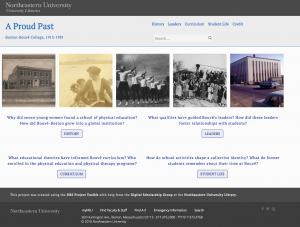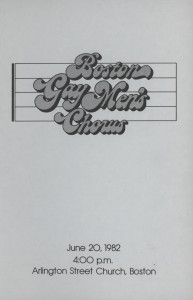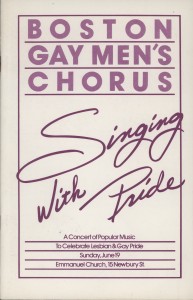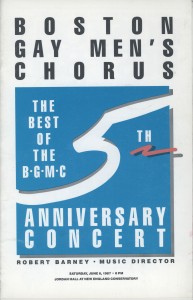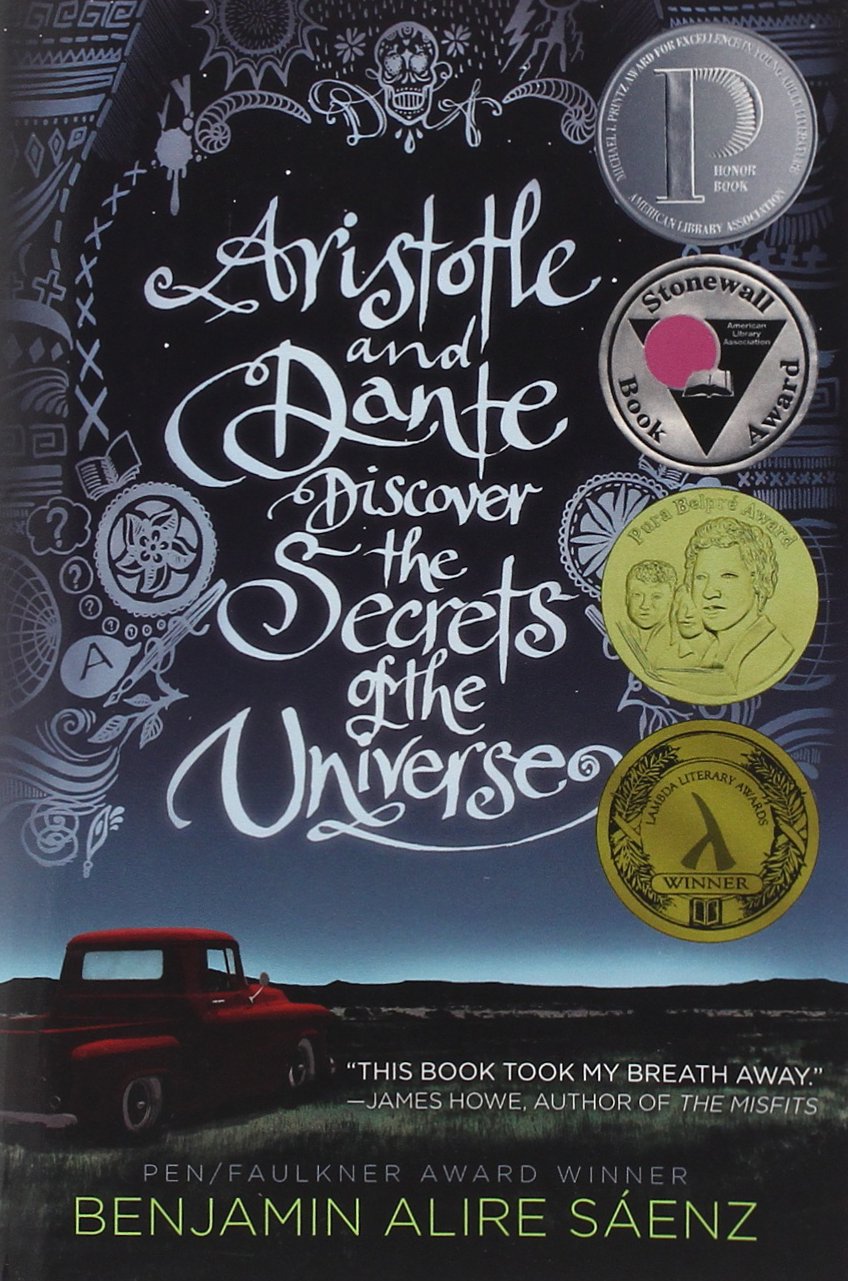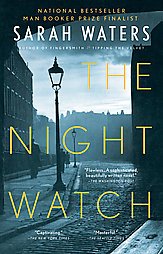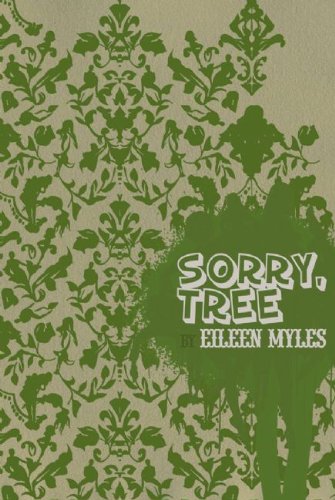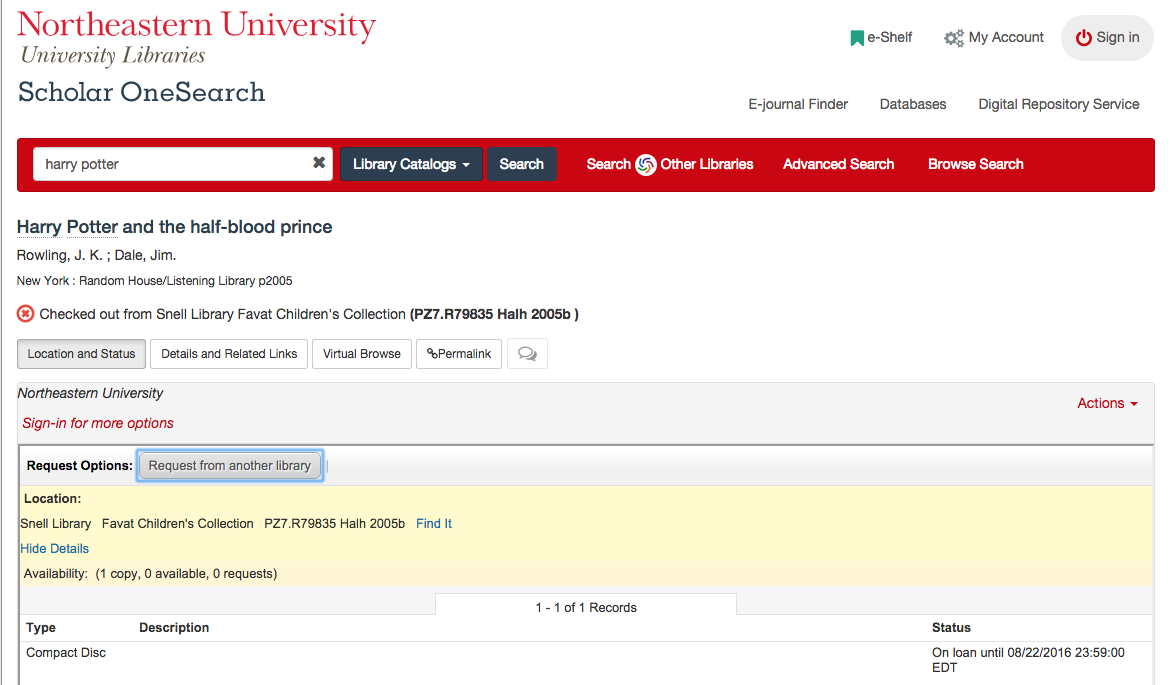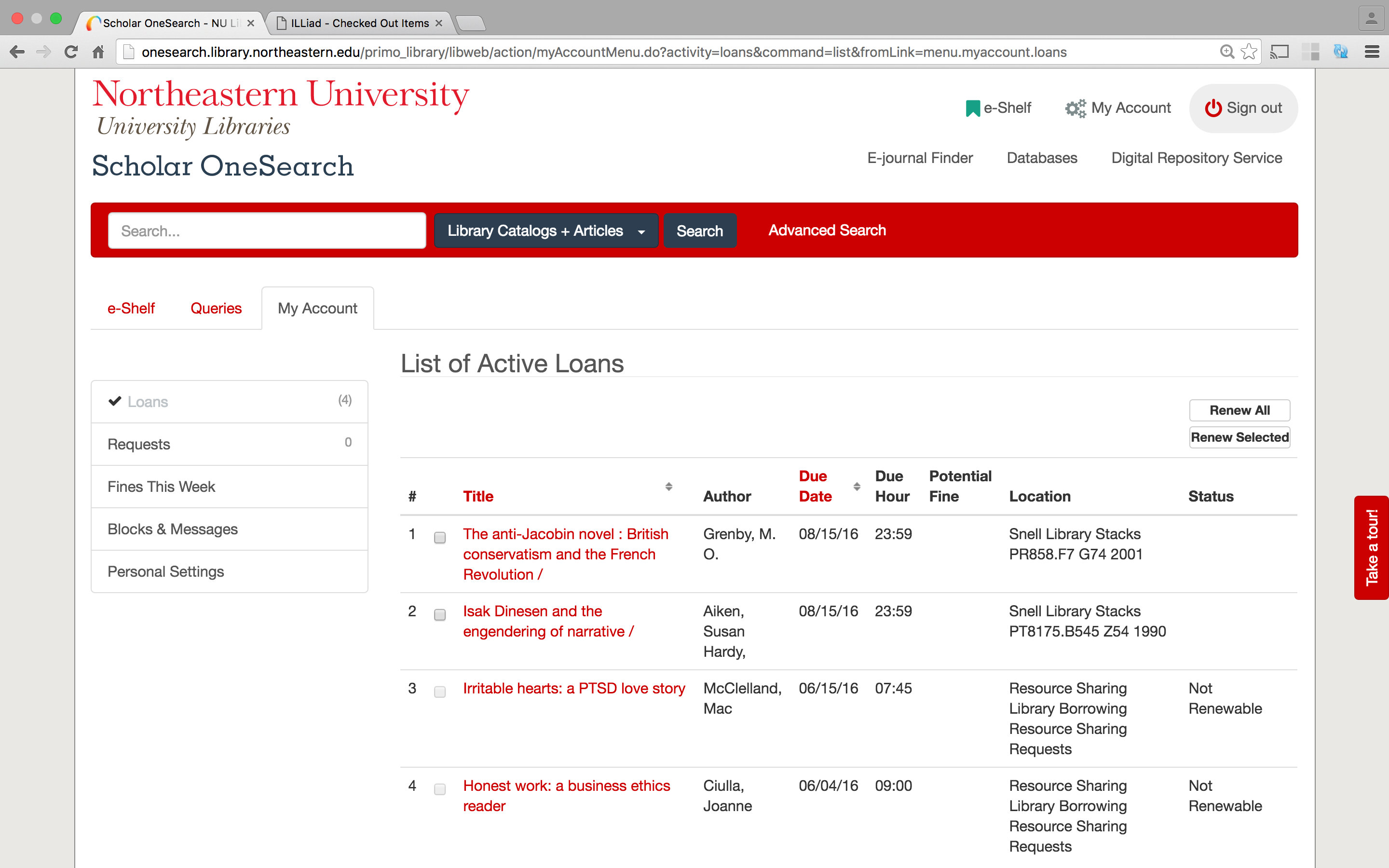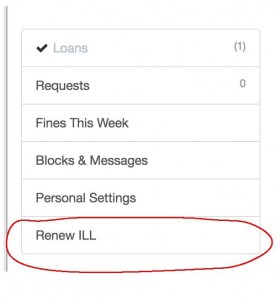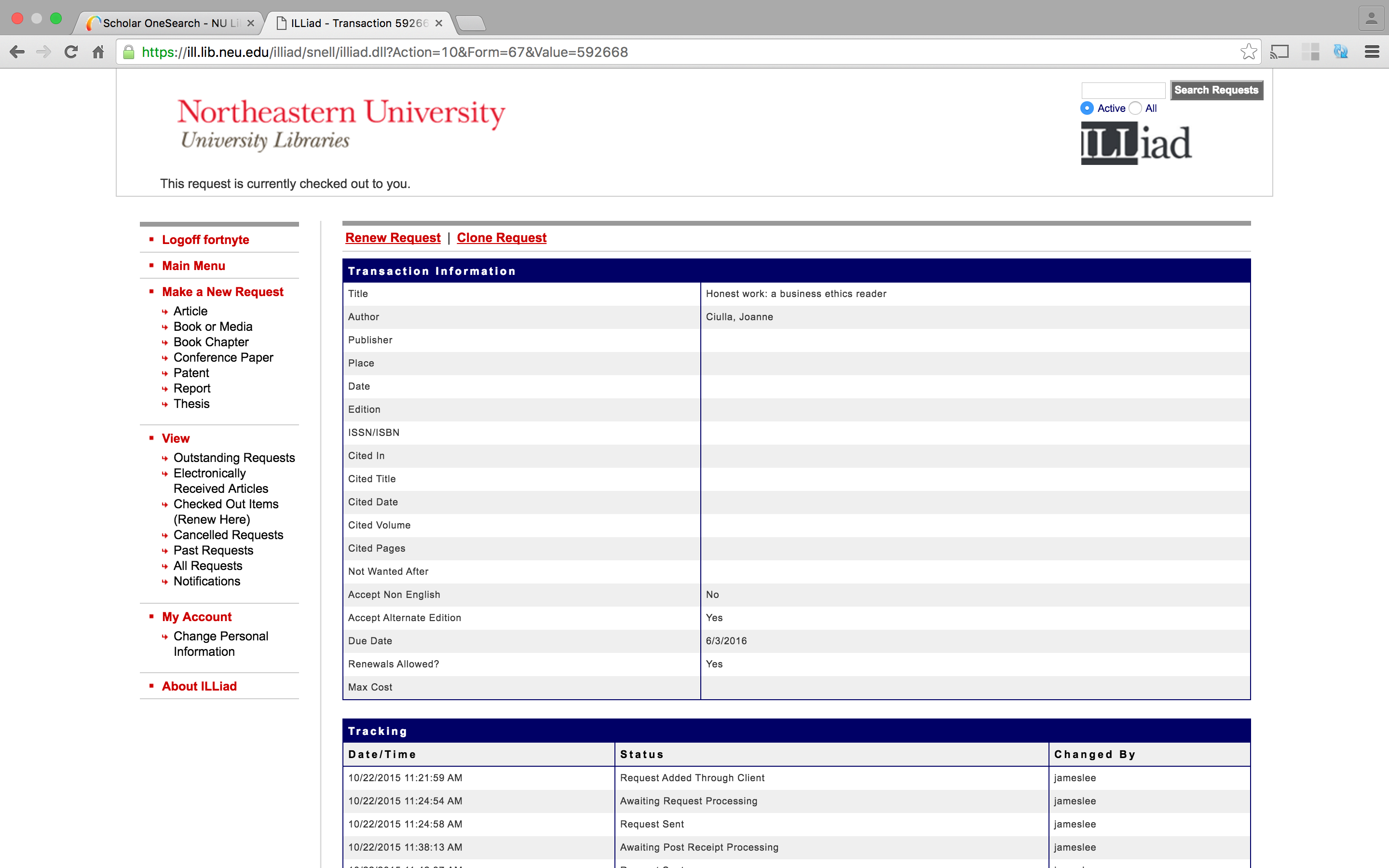Snell Library staff adopt Open Access Policy
On June 22, 2016, the staff of Snell Library adopted an Open Access Policy. By establishing this policy, Snell Library joins a growing group of academic libraries in the United States with similar policies, designed to ensure the greatest possible access to the research and scholarship produced by their staff members. It also joins a much larger community of research institutions and subunits of institutions (e.g. schools, colleges, departments) who have adopted Open Access policies—over 600 worldwide.
Snell Library’s policy is particularly timely, as the Association of College and Research Libraries (ACRL) has just issued its own Policy Statement on Open Access to Scholarship by Academic Librarians. While ACRL’s statement is limited specifically to librarians, the Snell Library policy applies to all full-time library staff. Snell’s staff includes a number of academic professionals who are non-librarians, as well as its support staff, who are active in creating output that should be shared with a wide audience.
The Open Access Policy requires library staff members to deposit into the Digital Repository Service (DRS) copies of their published articles as well as posters and presentation materials delivered at conferences, where they are not prohibited from doing so through prior agreements with publishers. Staff members may receive a waiver of the policy for any individual work; this ensures that staff retain the freedom to publish where they choose, regardless of publishers’ willingness to accept the policy. (Given the huge increase in faculty-driven open access policies across the U.S. and worldwide, though, many publishers are already very familiar with the requirements of these policies and have built accommodations for them into their own practices.)
Q & A
What is open access?
Open access literature is freely available online for anyone to read. Open access is provided to scholarly articles in a variety of ways. The most common models are:
- Open access journals: all articles published in these publications are openly accessible. May or may not involve a fee for authors
- “Hybrid” journals: subscription-based (“closed”) journals in which at the author’s request, and usually for an additional fee, individual articles are made openly accessible.
- Article archiving: authors deposit a copy of their article (manuscript or final formatted version) in a repository, typically an institutional or discipline-based repository.
This policy is primarily aimed at facilitating the “article archiving” form of open access.
Why an open access policy?
The goals of this policy are to expand access to Snell Library staff research and scholarship, and to lead by example both at Northeastern University and in the profession. Like many libraries, Snell Library actively supports open access to research output and advocates for Northeastern faculty to make their work available open-access where possible, in order to provide greater access to research for those who are not able to pay subscription costs or charges for article access.
What are the public benefits of open access?
The most obvious public benefit of open access is that research results will be more accessible to more people in more locations. Currently, most individuals have very limited access to research publications—open access makes published results available to researchers and scholars affiliated with smaller institutions or non-profit organizations, and researchers and scholars in developing countries. This may spur additional scholarly progress or entrepreneurial innovation.
Even individuals who do currently have access to publications via subscription services may find benefits from open access, such as easier collaboration with colleagues at other institutions, more accessible and affordable course readings for students, or by enabling new forms of scholarship such as computational analysis.
How does this policy benefit authors?
A number of studies have shown that articles that are freely available online often have increased citation rates and impact, though these benefits seem to vary across disciplines. Open access articles are also more easily discovered by researchers using online tools such as Google Scholar, and are more easily linked to and discussed in public forums.
(Note: Q&A excerpted from an FAQ for library staff about the policy, which was adapted with permission from a similar document created at the University of Minnesota.)
